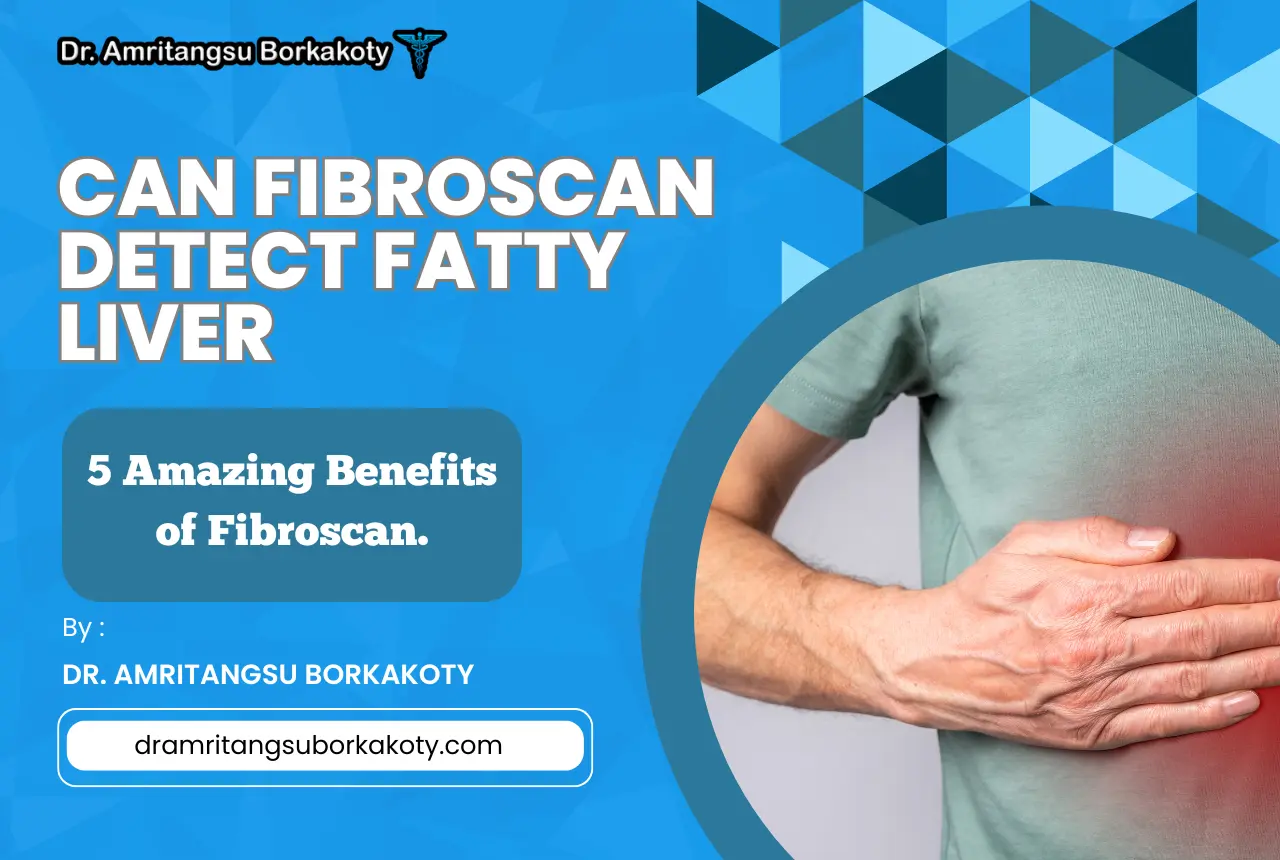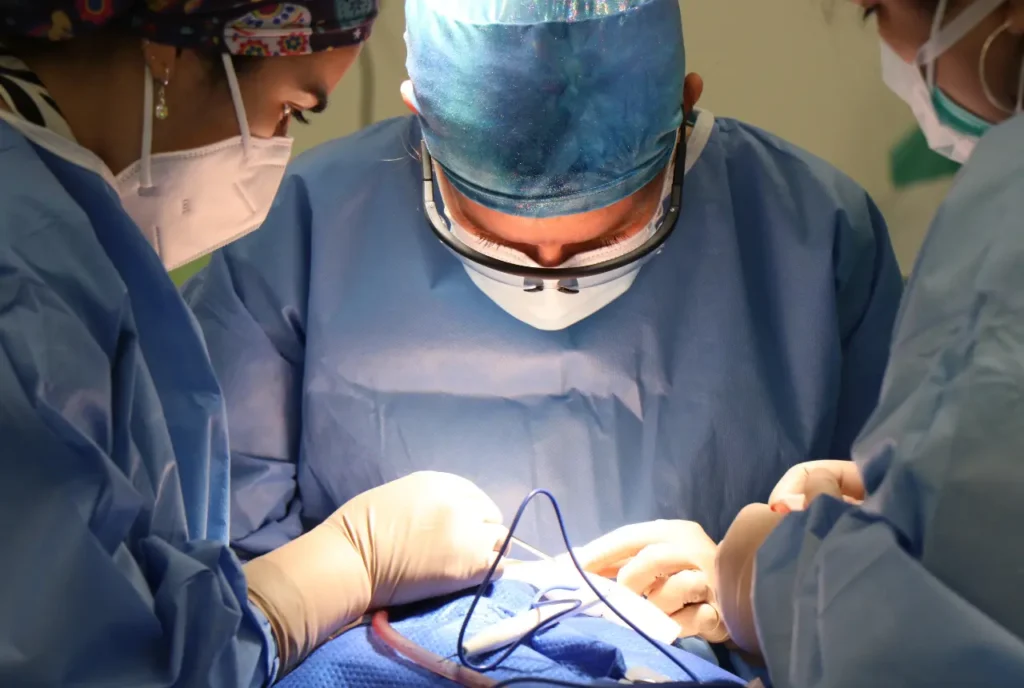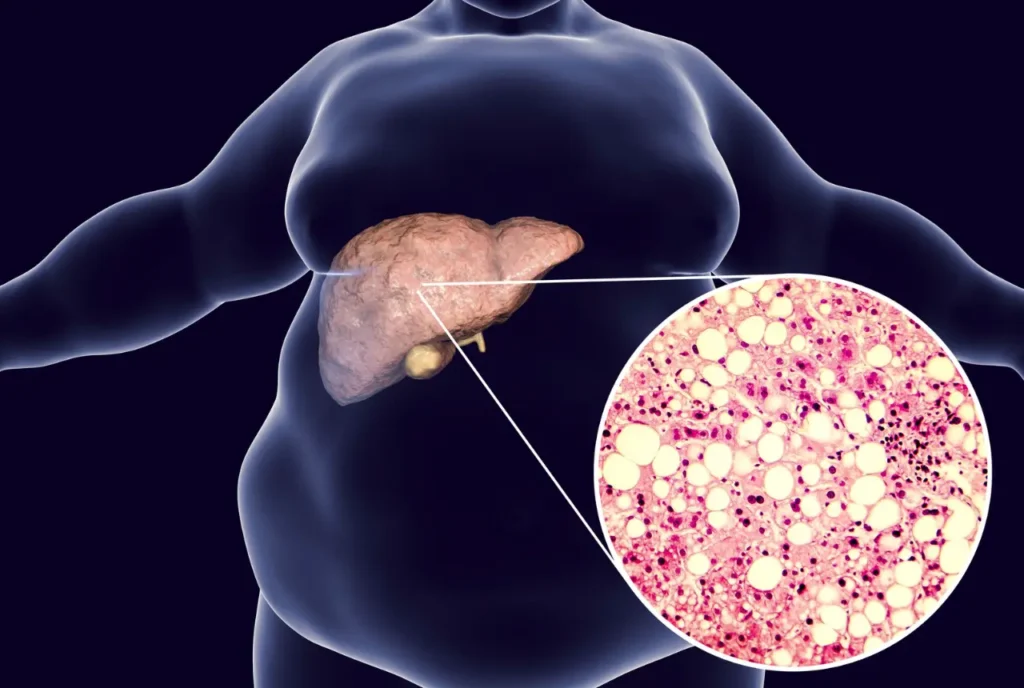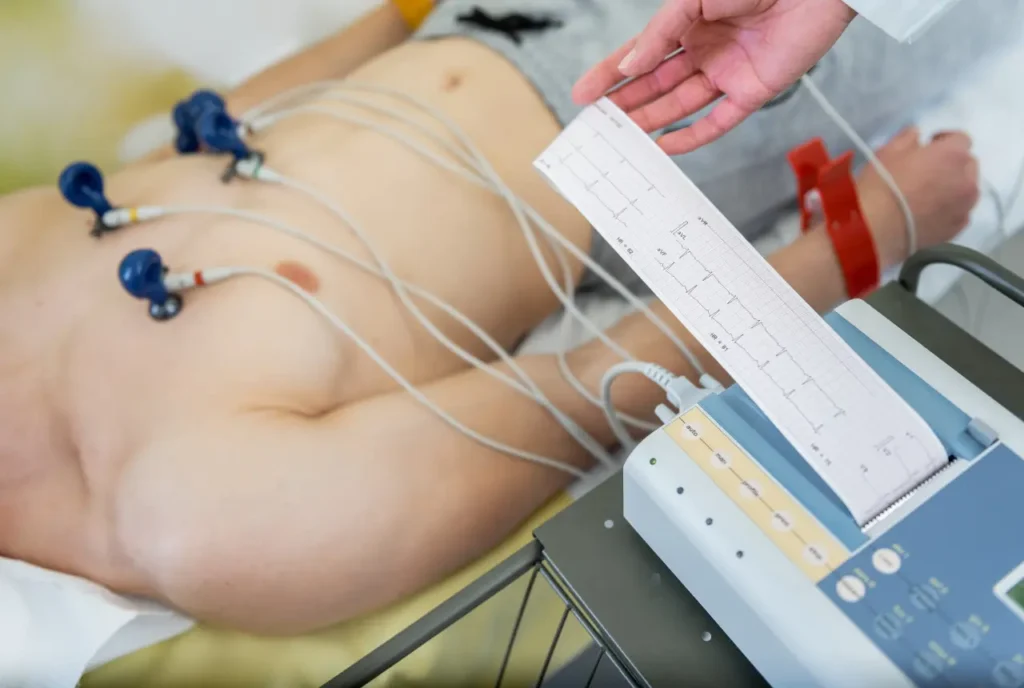
-
 Posted By Dr. Amritangsu Borkakoty
Posted By Dr. Amritangsu Borkakoty -
-
Comments 0
Our liver is a hero of our bodily system that works tirelessly in the background to perform over 500 vital functions. It filters toxins from our blood, produces essential proteins, regulates blood sugar, and stores vitamins and minerals.
Unfortunately, a growing concern in recent times is fatty liver disease, a condition where excess fat accumulates in the liver. If it is left unchecked, fatty liver disease can develop into more serious complications like cirrhosis and even liver failure.
In this blog we will walk you through all of that and answer the question: can fibroscan detect fatty liver?
Traditionally, diagnosing and treating fatty liver disease often relied on blood tests and imaging techniques like ultrasound. However, these methods have limitations.
Blood tests may not always be indicative of the severity of fat accumulation, and ultrasounds can struggle to definitively diagnose fatty liver disease, particularly in its early stages. This is where FibroScan emerges as a potentially game-changing tool.
Can FibroScan Detect Fatty Liver?
FibroScan is a non-invasive technology that uses ultrasound shear wave elastography to assess liver health. Imagine gently pressing on jelly – the stiffer the jelly, the more resistance you feel.
FibroScan works similarly, but instead of your finger, it uses low-frequency sound waves to measure the stiffness of your liver. Healthy liver tissue is typically soft and pliable, while fatty or scarred livers become stiffer.
By measuring this stiffness, FibroScan can indirectly detect the presence and severity of fat accumulation and fibrosis (scarring) in the liver.
It’s important to note that FibroScan doesn’t directly measure the exact fat percentage in your liver. However, the increased stiffness it detects provides valuable information about the health of your liver.
While FibroScan is a highly reliable tool, it’s not perfect. Factors like obesity or certain medical conditions can sometimes affect the accuracy of the measurement.
Here are 5 Top Benefits of Fibroscan
Benefit 1: Safe and Painless Procedure

Unlike a liver biopsy, which involves inserting a needle into the liver to extract a tissue sample, FibroScan is a completely non-invasive procedure.
During the test, you’ll lie comfortably on your back with your right upper abdomen exposed. A technician will then gently apply a handheld probe to your skin.
The probe emits gentle sound waves and measures the vibrations as they travel through your liver tissue. The entire process is painless and typically takes only a few minutes.
There’s no need for needles, anesthesia, or any discomfort. Minimal preparation is required – you may simply need to fast for a few hours beforehand.
Benefit 2: Early Detection and Intervention

One of the biggest advantages of FibroScan is its ability to detect fatty liver disease in its early stages, even before any symptoms arise. Early detection is crucial, as it allows for timely intervention to prevent the progression of the disease.
By identifying fatty liver disease early, doctors can recommend lifestyle changes like diet and exercise modifications to manage the condition and prevent complications.
Early detection and intervention through FibroScan can significantly improve long-term liver health outcomes.
Benefit 3: Monitoring Treatment Progress

FibroScan isn’t just a diagnostic tool; it can also be used to monitor the effectiveness of treatment for fatty liver disease. The ability to measure changes in liver stiffness over time allows doctors to assess how well your treatment plan is working.
If the stiffness decreases, it indicates that the treatment is reducing fat accumulation and improving liver health. This valuable information helps doctors adjust treatment plans as needed, ensuring the best possible outcome for the patient.
Furthermore, FibroScan is a much more cost-effective option compared to repeated liver biopsies for monitoring treatment progress.
Benefit 4: Reduced Risk of Complications

Fatty liver disease, if left untreated, can lead to serious complications like cirrhosis (severe scarring) and liver failure.
Cirrhosis can impair the liver’s ability to function, leading to a buildup of toxins in the body and potentially life-threatening situations. FibroScan plays a crucial role in identifying patients at a higher risk of developing these complications.
By detecting the presence and severity of fibrosis early on, doctors can take steps to slow or prevent disease progression, significantly improving the patient’s long-term prognosis.
Studies have shown that early intervention using FibroScan can considerably reduce the risk of liver-related complications in patients with NAFLD.
Benefit 5: Improved Patient Experience

Undergoing a liver biopsy can be a stressful and anxiety-inducing experience for many patients. FibroScan offers a much more comfortable and patient-friendly alternative.
The non-invasive nature of the test significantly reduces anxiety and increases patient willingness to undergo testing for liver health. This ultimately leads to improved overall healthcare experiences and better compliance with treatment plans.
Prepare for your scan.
You must continue taking any prescription medications. Do not eat or drink anything for two hours prior to your fibroscan. If necessary, take small sips of water or clear fluid, but avoid drinking excessively.
Experts discuss the fibroscan with you before it takes place to ensure that you are comfortable with it. You may ask us any questions.
You do not need to remove your clothes for the scan. However, it is recommended that you do not wear a dress because we will need to inspect your tummy (abdomen).
Conclusion
So, as an answer to the question: can fibroscan detect fatty liver, fibroScan is a revolutionary tool that has transformed the way we diagnose and manage fatty liver disease.
Its ability to detect the condition in its early stages, provide a safe and painless testing experience, and monitor treatment progress makes it an invaluable asset in the fight against liver disease.
With its growing adoption, FibroScan has the potential to significantly improve liver health outcomes for millions of people worldwide.
However, it’s important to remember that FibroScan is a diagnostic tool, not a cure. If you’re concerned about your liver health, the best course of action is to talk to your doctor.
They can assess your individual risk factors, recommend appropriate tests like FibroScan, and develop a personalized treatment plan to keep your liver healthy for years to come.
Recent Posts
- Common Causes of Stomach Ulcers and Effective Treatment Options
- Early Symptoms of Liver Damage: How to Spot the First Warning Signs Before It’s Too Late
- Best Treatment for Hepatitis B and C: Your Complete Guide to Symptoms, Care, and Prevention
- How to Reduce Liver Inflammation Fast: 5 Proven Tips for Rapid Liver Recovery
- Why You Shouldn’t Ignore NAFLD: 5 Shocking Health Risks You Need to Know



